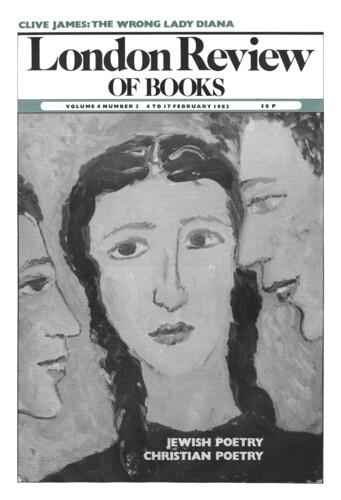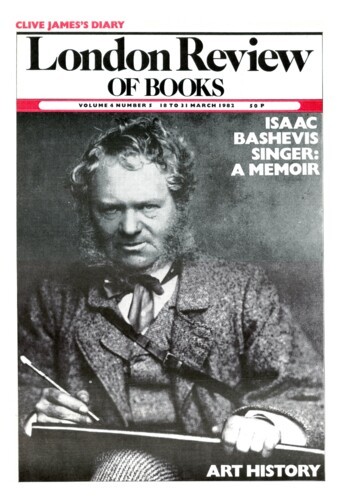John Ziman on the true enchantment of physics
John Ziman, 22 May 1980
No scientist worth his research grant really wants to conceal his discoveries from the world at large. Many non-scientists are curious to know something of the latest scientific discoveries. There would seem to be quite enough moral earnestness and prospects of profit to get this gap bridged. Alas, the chasm is wide and deep, especially where it guards the mysterious heights of modern physics. As some recent television programmes have demonstrated, even a skilful web of visual aids and journalistic conceits may not succeed in establishing a connection between specialist and general knowledge of atoms, particles, forces and fields.





